Red Bull Racing is now exploring the potential of AI to gain a competitive edge in the sport. While AI has been utilized for years to train drivers through models and simulations, it is now making its way into the design departments of Formula 1 teams.
Craig Skinner, the chief designer at Red Bull Racing, revealed in an interview with the Talking Bulls podcast that the team is actively investigating the applications of AI. He acknowledged the usefulness of AI but emphasized the importance of having a deep understanding of the problem at hand before implementing AI solutions.
Skinner explained, "With AI, you've got to teach it. You need to teach it what it's looking for, so ultimately it comes back to again having the understanding in the first place of what you're actually looking for. What is it that makes a fast racing car? What do you want out of the aero? What do you want to have in vehicle dynamics?"
Red Bull Racing's pursuit of AI integration is closely tied to the expertise and vision of their renowned design guru, Adrian Newey. Newey's uncompromising approach to car performance has been instrumental in the team's success. Skinner highlighted the impact of Newey's arrival at Red Bull Racing in 2006, stating, "He just completely changed the mindset about how you go about designing a Formula One car, there was no compromise. Everything was always about adding performance."
The team's commitment to performance over aesthetics is evident in their willingness to prioritize speed over appearance. Skinner revealed, "Looks don't matter. If it looks horrible but it makes the car faster, we'll put it on the car." This philosophy aligns with their relentless pursuit of performance and their determination to maintain their competitive edge in Formula 1.
While Red Bull Racing's exploration of AI is still in its early stages, the potential benefits are vast. AI-powered models and simulations can assist in optimizing aerodynamics, vehicle dynamics, and other crucial aspects of car design. By leveraging AI, Red Bull Racing aims to enhance their understanding of what makes a Formula 1 car fast and gain a competitive advantage on the track.
The integration of AI into Formula 1 design processes is not limited to Red Bull Racing. Other teams are also exploring the potential of AI to improve their performance. The use of AI in Formula 1 represents a significant shift in the sport's technological landscape, as teams seek innovative solutions to gain an edge in an increasingly competitive environment.
The application of AI in Formula 1 design is a testament to the sport's continuous pursuit of innovation and performance. As teams like Red Bull Racing embrace AI, the boundaries of what is possible in car design and performance are being pushed further. The combination of human expertise and AI capabilities has the potential to revolutionize the sport and redefine the limits of speed and performance in Formula 1.
As Red Bull Racing continues its investigation into AI, the team remains focused on their ultimate goal: maximizing car performance. With the guidance of Adrian Newey and the integration of AI technologies, Red Bull Racing aims to maintain their position at the forefront of Formula 1 and secure further success on the track.
The future of Formula 1 is undoubtedly intertwined with the advancements in artificial intelligence. As teams harness the power of AI to unlock new levels of performance, the sport is poised to enter an era of unprecedented innovation and competition. Red Bull Racing's foray into AI is just the beginning, and the impact of this technological integration will undoubtedly shape the future of Formula 1.
FORMULA1
News
Red Bull Embraces Artificial Intelligence to Enhance Formula 1 Performance
Red Bull Racing is delving into the realm of artificial intelligence (AI) to further optimize the performance of their Adrian Newey-designed Formula 1 cars, according to the team's chief designer, Craig Skinner.
27 Jul, 02:50
2 years ago
Author:
Racing Union
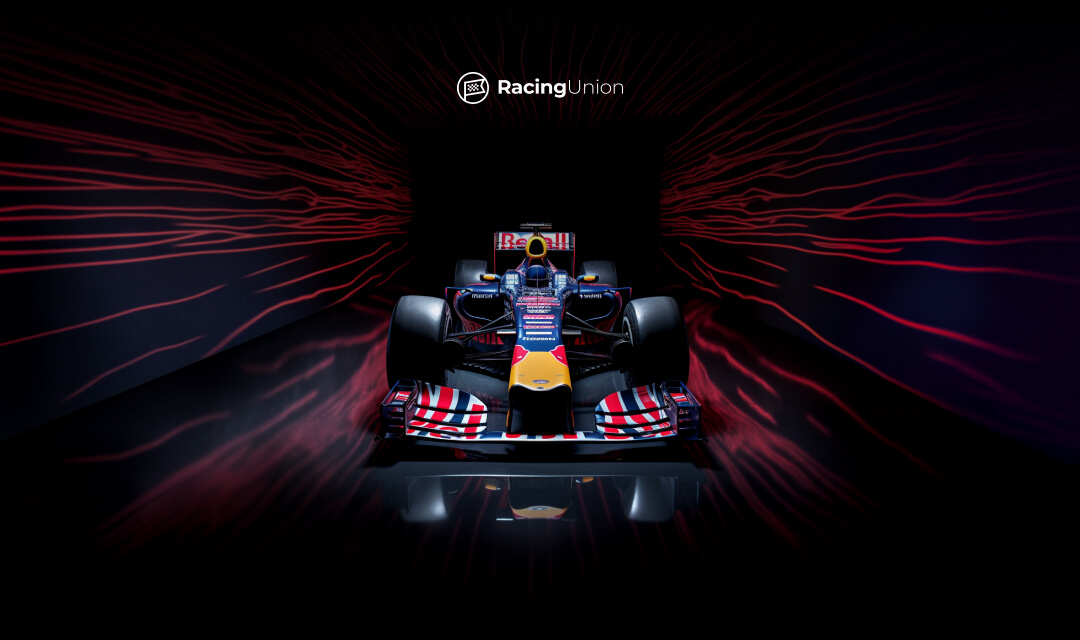
Source:
Racing Union
More articles:
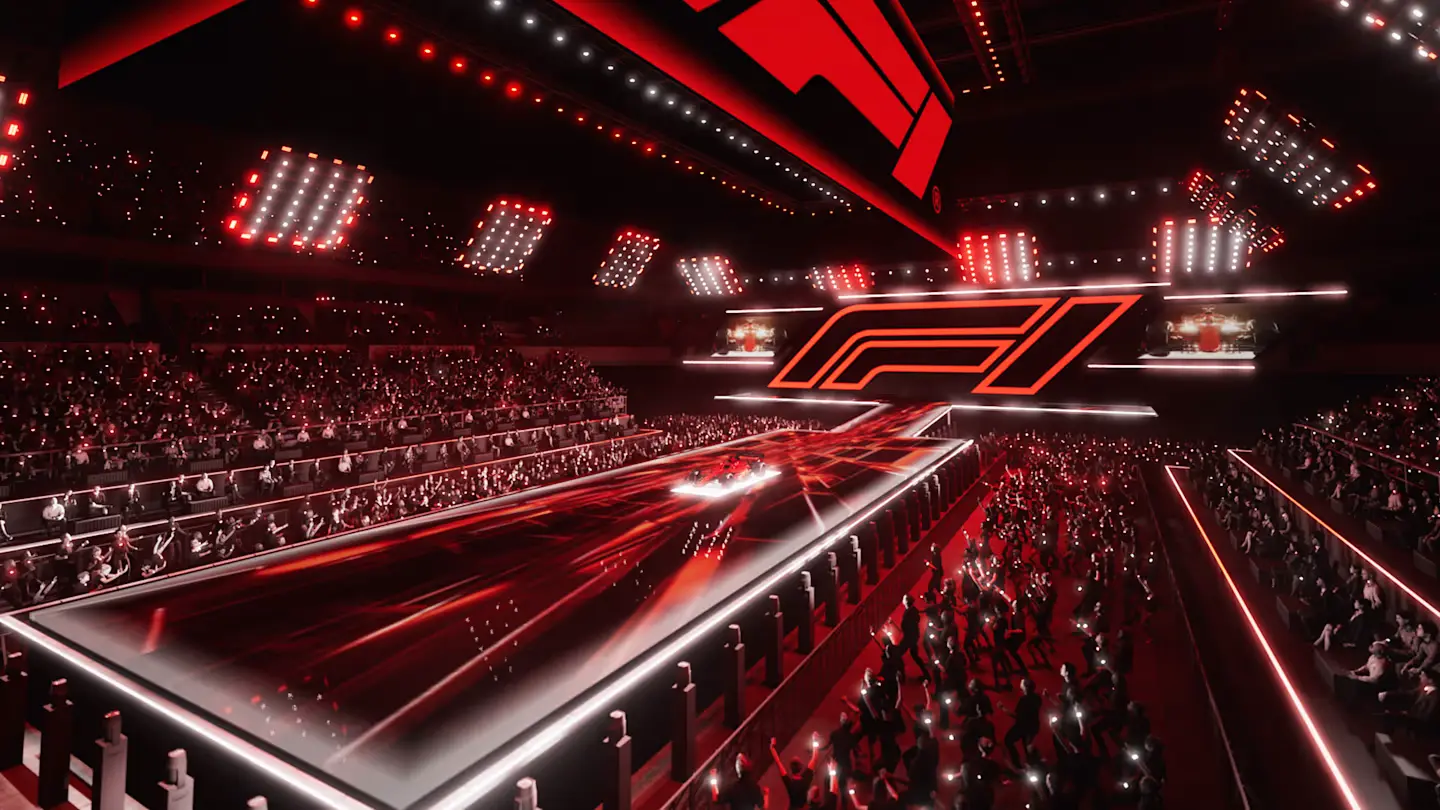
F1 2025 Car Launches: Complete Guide
11 months ago
Racing Union

Hamilton's Upcoming Ferrari F1 Car Test
11 months ago
Racing Union
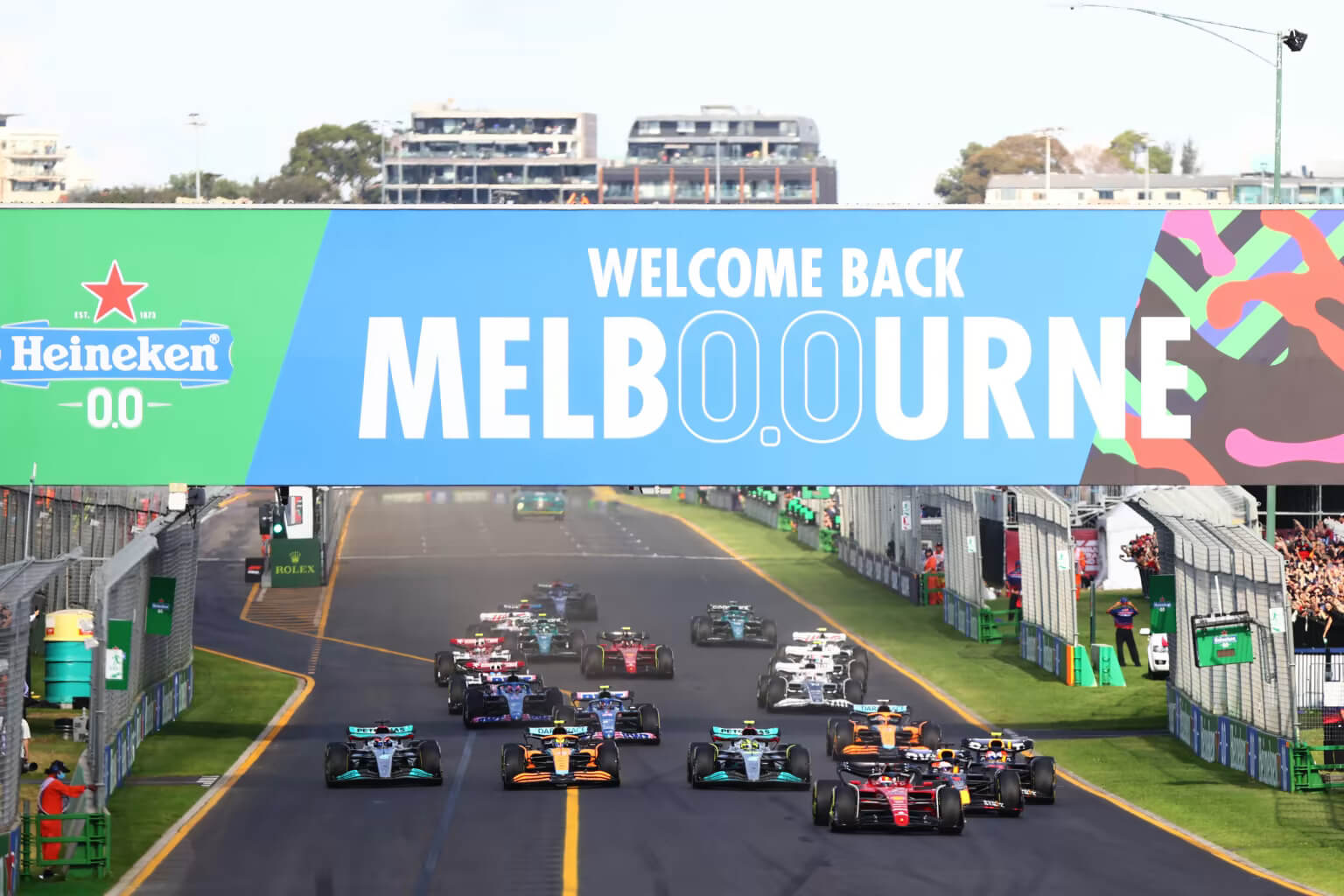
F1 Australian Grand Prix 2024: Weather Conditions in Melbourne
1 year ago
Racing Union
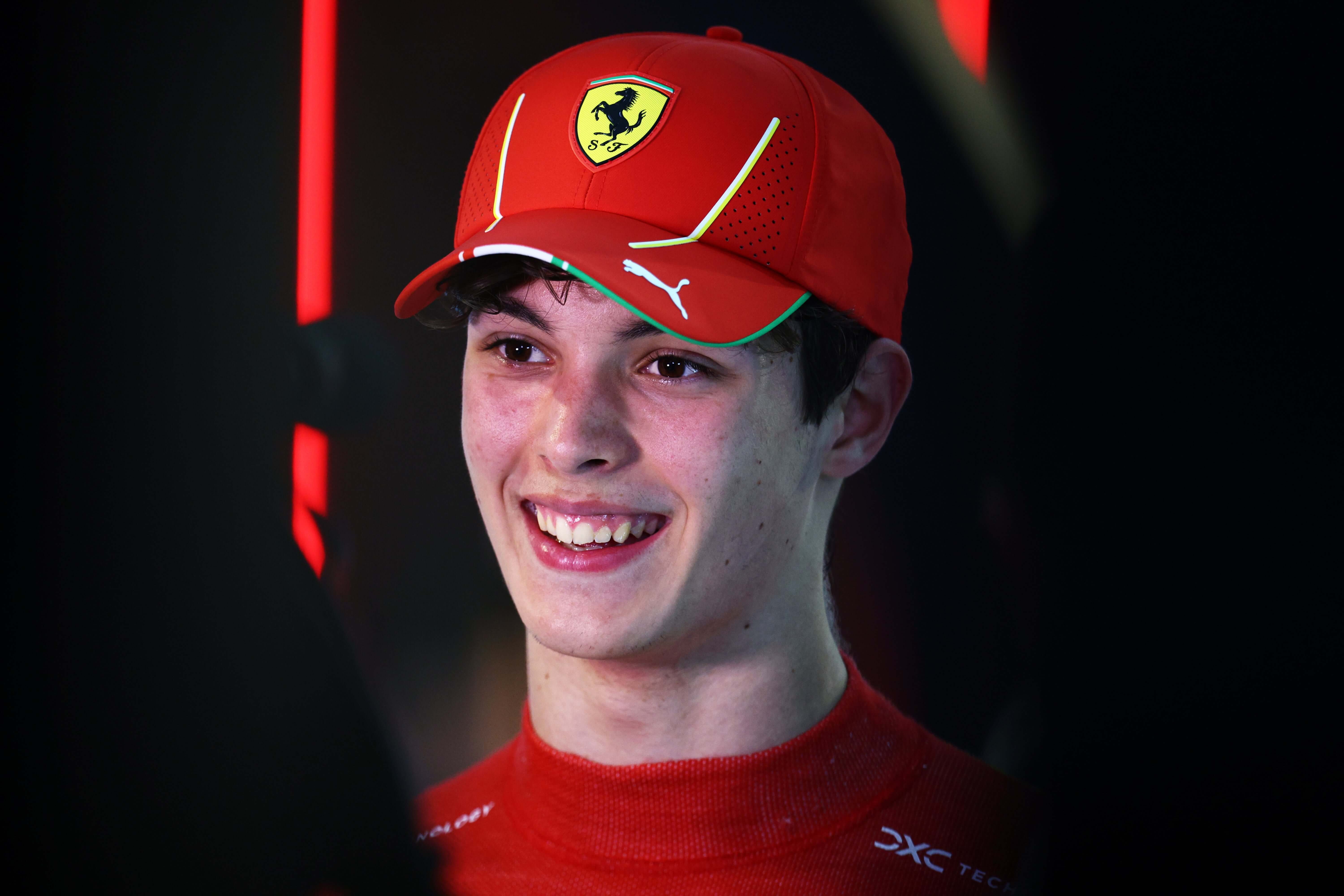
Leclerc Praises Bearman's Impressive F1 Debut
1 year ago
Racing Union
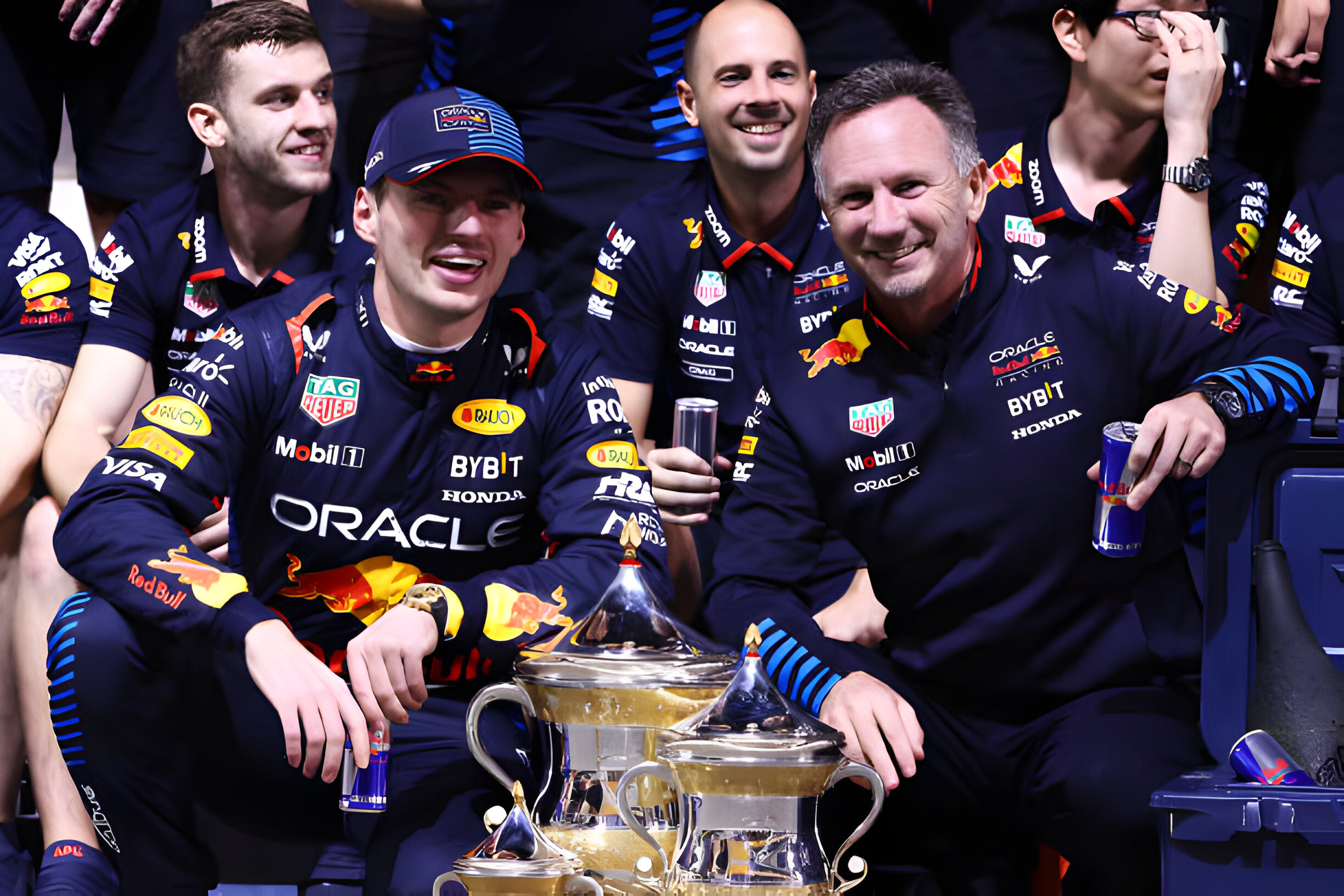
Max Verstappen's Future at Red Bull
1 year ago
Racing Union